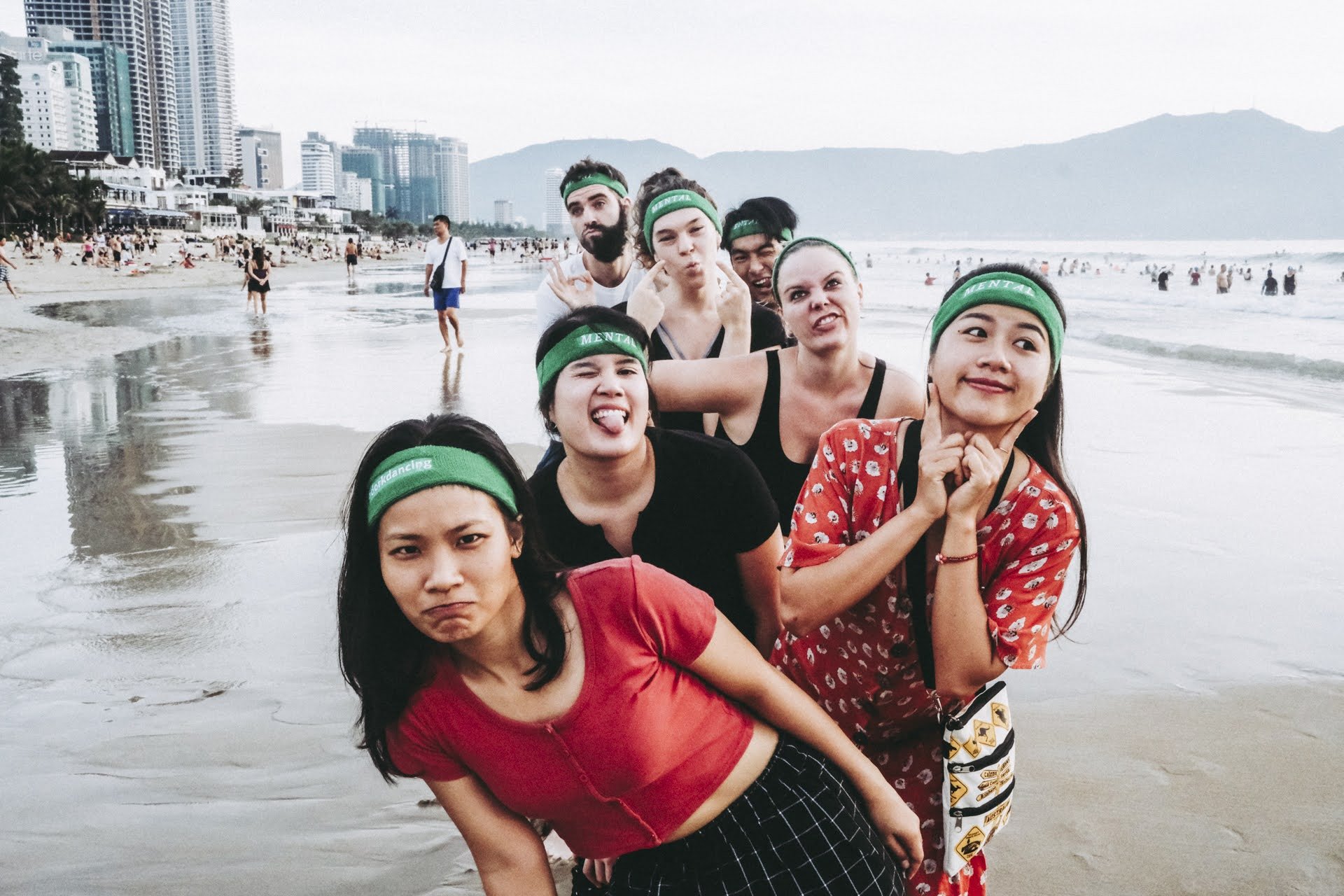Understanding the complexity of “Dork”
Being a dork means being human full of errors & quirks. How we accept or reject our inner dork reflects & influences our mental health

Rejecting DORKS
If you look up the word “DORK” in any traditional dictionary, most results will show up as unkind. The origin of the word dork comes from the 1960s when it was first used in a derogatory way. It meant “stupid person” and even was used as slang for “penis.” From these origins, the meaning and use of the word has evolved over time. In mainstream culture, a dork may commonly be used to refer to individuals who are uncool/ odd, misfits, a bit out of touch, and most commonly awkward.
Rejection
〰️
Insult
〰️
Rejection 〰️ Insult 〰️

Accepting DORKS
While the word was initially spoken as a kind of insult, the word dork has recently been claimed as a way to encourage & empower. It may even be used more commonly as a compliment to communicate affection, appreciation, and love of a person’s silliness, self-expression, and unique beauty.
The change in the very meaning & use of the word Dork signals incredible progress, reflecting an underlying current surrounding the culture of mental health. If you look up the word “DORK” in urban dictionary, most results will show up as kind.
Acceptance
〰️
Compliment
〰️
Acceptance 〰️ Compliment 〰️

Here at Dork Dancing
We are embracing & expanding our understanding of what it means to be a dork: to be human. Depending on how we accept or reject our humanity, we will achieve varying levels of success in dissolving barriers & reducing illness. We must first dissolve self-stigmas to then tackle larger issues in mental health.
Dork dancers are mental health advocates practicing love over fear for themselves & others. Accepting our inner dork allows access to the freest part of our inner child, existing separately from the concerns & illnesses of the mind. It’s up to each of us to discover & embrace the softness, silliness, & playfulness that our inner dork promises.
Fear
〰️
Love
〰️
Fear 〰️ Love 〰️
Dork Dancers are…
Advocating for a mental health cause
Free to be and express their authentic selves
Dancing in the open public
Investing in their communities
Challenging silence, stigma & complacency
Inspiring free movement & play
Proud of who they are
Courageous, caring & strong
Coming together to fight for something better
Dancing to Overcome Real Kraziness







